|
Advertisement
|
Cicera Bigia
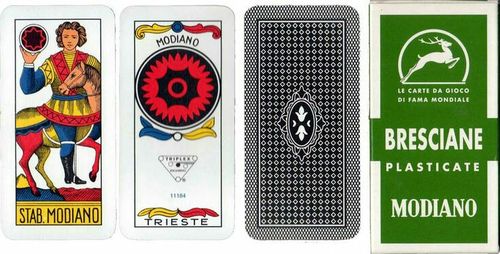
DescriptionCicera bigia or Ciccia or even Ciccera, is a card game closely related to the more common card game of "scopa" (broom). Cicera is played mainly in the province of Brescia (northern Italy). Cicera is a traditional game, with many local variants and an unspecific origin, so there isn't a standard set of rules, but there are many local or familiar differences, though the core rules are always the same. Preparation and goal: The game: The scoring system: You can also score points during the rounds (traditionally you keep track of this point by placing a face up card in front of you, while the card taken are normally face down): Scopa (Broom): You realize 1 point when you leave the middle of the table empty of cards. —user summary Game DiscussionsAdd CommentYou need to be logged in to comment. Insert Bullet List Please enter at least one item. Item: Item: Item: Item: Item: Insert Numeric List Please enter at least one item. Item: Item: Item: Item: Item: Insert Link Please enter the link of the website Optionally you can add display text Insert Email Please enter the email address Optionally add any display text Insert Image Please enter the link of the image Insert YouTube Video Please enter the link of the video MarketplaceNo listings at the moment. Do you own this game? Click here to list it for sale.
Similar Games
|
Best Sellers
Board Games
|
||||||||||||||
Latest Searches: rsik | spuzzle | green bay packers monopolgy | Cocoa beach monopoly | North Idaho-oply | hammer | Beyblade Burst Evolution | Mad whip cream | jonathanklapatauskas@gmail.com | tri tactics | Carroom maze board | Rambo: The Board Game | fancy pants adventure | stop | War of the ring | San Jose-opoly | Lakopoly | bunnock bones game | Tracy | hometown Monopoly Utica, NY | battlespace next | mr poato head | Farmall monopoly | San Pedro monopoly | Muskegon opoly | Sweet valley high | tarot cards | checekers | Wilkesboro o poly | typing
All Rights Reserved



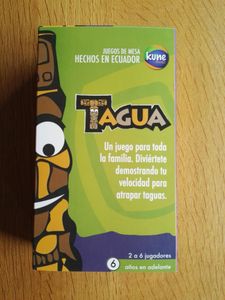
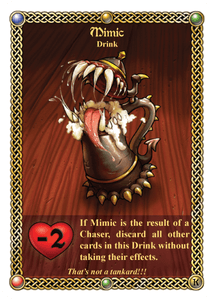
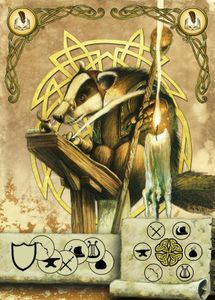
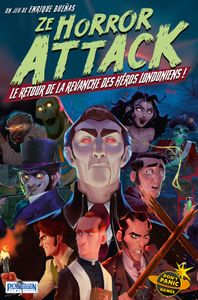
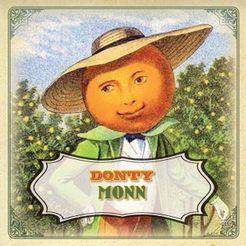
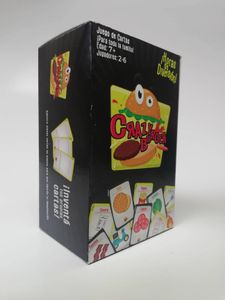
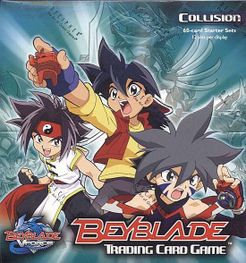
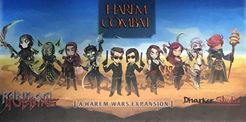
Comments (0)